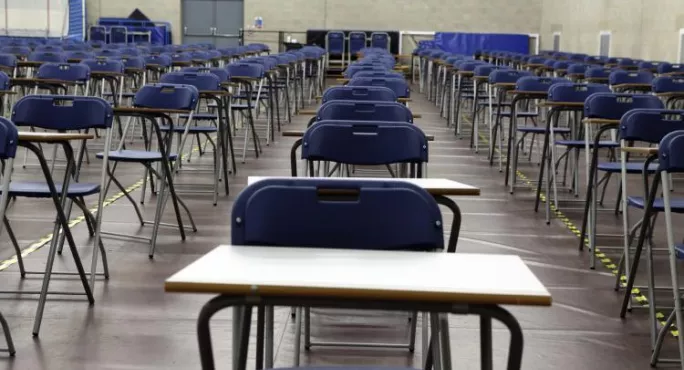Thousands of extra pupils got 25 per cent extra time to complete GCSEs and A, and AS-levels this summer, new Ofqual data reveals.
The total number of entries getting the time rose by 9.2 per cent in 2018/19 to 256,710.
That represents nearly 1 in 5 of all entries - 19.4 per cent - being given extra time to complete exams as part of access arrangements for pupils with SEND or who are ill, or who are given special consideration for another event such as a bereavement.
Related: Nearly one in five pupils getting 25% extra exam time
Sats: Exclusive: Doubling in number of pupils given extra time for Sats
Exams: Number of pupils requesting extra time in exams rises, Ofqual data shows
There were also slight increases in the proportion of pupils receiving extra time of more than 25 per cent, with 5,300 candidates granted this arrangement in 2018-19 compared with 5,190 in 2017-18 - an increase of 2.1 per cent.
And small increases were seen in the use of scribes and speech recognition technology, with 41,255 candidates accessing these - an increase of 0.4 per cent from last year.
However, the number of candidates using a bilingual dictionary with extra time fell from 2,905 candidates in 2017-18 to 2,450 in 2018-19, equating to a fall of 15.7 per cent.
The number of requests for modified papers rose, by 16.5 per cent, to 58,245 in the summer 2019 exam series compared with 49,985 in 2018.
Modified papers are requested for candidates with visual impairments or significant language comprehension disorders. They include non-interactive electronic question papers, 18-point and 24-point large-print papers, Braille papers and tactile diagrams.
Overall, the proportion of candidates receiving a form of access arrangement rose by 3.4 per cent to 404,600 entries in 2018-19.
Last year, the overall number of access arrangements granted to pupils in exams fell for the first time since in fours years, down 0.5 per cent on 2016-17 to 391,130.
Pupils receiving 25 per cent extra time continues to be the most common form of access arrangement. In 2017-18, it made up 60 per cent of all access arrangements, rising to 63 per cent in 2018-19.





